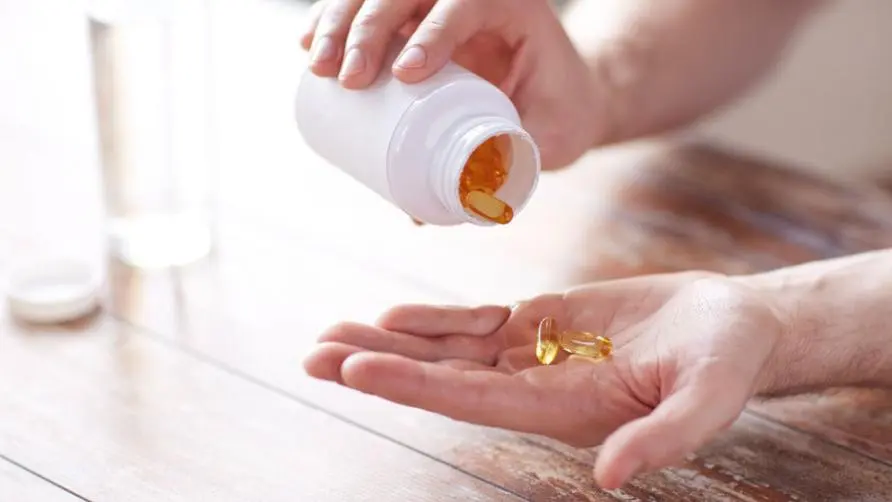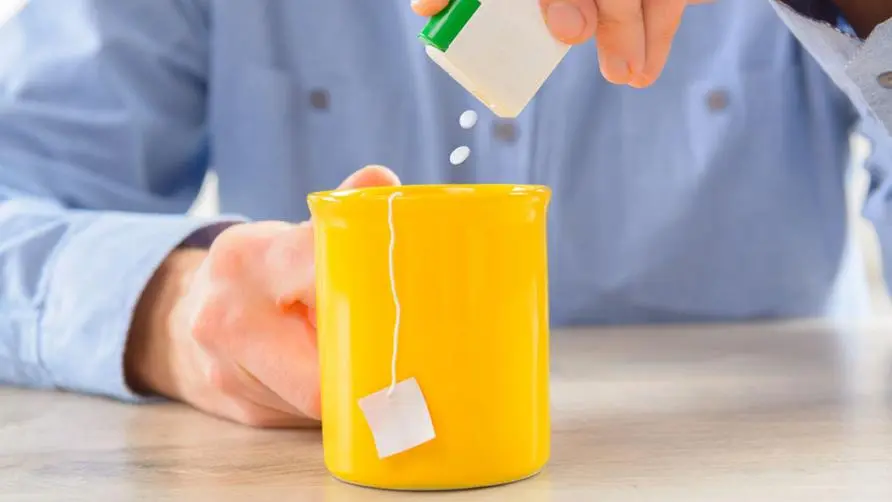Three cups of hand-shaken drinks a week may cause "atrial fibrillation"! Study reveals: Drinking sugar substitute drinks is also risky

Hand-shaken drinks culture is prevalent in Taiwan, and having a cup of hand-shaken drink every afternoon has become a daily routine for many office workers. However, the sugar content of hand-shaken drinks and ingredients may not only affect your weight, but may even cause serious cardiovascular problems! A study published in “Circulation”, a publication of the American Heart Association (AHA), pointed out that consuming more than 2,000ml of sugar-containing or sugar-substitute drinks per week may increase the risk of atrial fibrillation by up to 20%.
Could drinking sugary drinks cause atrial fibrillation? Study reveals: Coca-Cola Zero also has risks
A research team from China analyzed the health and genetic data of 201,856 subjects in the UK Biobank; after 10 years of random sampling interviews, it was finally found that 9,362 subjects were suffering from atrial fibrillation. This disease is a common clinical arrhythmia. Due to the abnormal function of the heart rhythm signal, the heartbeat is irregular and the heartbeat is often too fast. The prevalence rate in Taiwan is estimated to be about 2-4%.
Further analysis of the study found that those who drank more than 2 liters of “sugar-sweetened beverages” per week had a 10% higher risk of developing atrial fibrillation than those who did not drink it. It is worth mentioning that those who drank more than 2 liters of “sugar-sweetened beverages” per week had a 10% higher risk of developing atrial fibrillation. , the risk of atrial fibrillation is increased by 20%. In other words, whether sugar substitutes or any other refined sugars are added to drinks, they may be harmful to cardiovascular health. Taking the common large (700ml) half-sugar hand-shaken drinks in Taiwan as an example, as long as you drink more than 3 cups, there is a risk of increasing the prevalence of atrial fibrillation.
In addition, the research team also pointed out that subjects who drank less than 1 liter of “pure juice” per week reduced the risk of atrial fibrillation by about 8%. Participants who drank sugar-sweetened beverages were more likely to be male, younger, had a higher BMI, had a higher prevalence of heart disease, and had a lower socioeconomic status; those who drank sugar-sweetened beverages were more likely to be female, younger, had a higher BMI The higher the index, the higher the prevalence of type 2 diabetes.
Consuming 2 liters per week increases the risk of atrial fibrillation, experts recommend drinking less of these drinks
The research team emphasized that subjects who frequently drank sugary drinks and pure fruit juices were more likely to consume excessive amounts of total sugar than those who drank sugar substitute drinks. Smoking is also a major risk factor. Smokers who drank more than 2 liters of sugar-sweetened beverages per week had a 31% increased risk of atrial fibrillation, while no significant increase in risk index was found in former smokers (now quit) or never smokers. .
Penny M. Kris-Etherton, Ph.D., a member of the American Heart Association’s Nutrition Committee, said this trial is the first to report a significant association between low- or zero-calorie sugar-substitute beverages and the prevalence of atrial fibrillation. Dr. Kris-Etherton also recommends limiting the consumption of any sugar-sweetened beverages, such as soft drinks, juice drinks, sports drinks, energy drinks, sweetened teas, and sweetened coffee drinks.
“The first choice for healthy drinks is still boiled water. In addition, you can also drink low-fat fresh milk and fresh fruit juice without sugar in moderation.” Wang Ningjian, the lead author of the study, explained that artificial sweeteners in food and beverages mainly include sucralose. , aspartame, saccharin and acesulfame potassium. Although it is unclear why sugar substitutes are related to the occurrence of atrial fibrillation, consumers are still recommended to reduce their intake of sugar-containing or sugar-substitute drinks.
A cup of milk accounts for 50% of daily calories! Nutritionist: You need to exercise for more than an hour to digest
According to the above studies, sugary hand-shaken drinks may increase the risk of atrial fibrillation, and excessive calories are more likely to lead to obesity or various metabolic diseases. Dietitian Gao Minmin pointed out that taking the common “pearl milk tea” in Taiwan as an example, a large cup (700ml) has about 658 calories and more than 50g of sugar. In other words, it contains about a bowl of rice’s starch, 13 sugar cubes and 20 grams of fat. Just one cup accounts for about 50% of the daily caloric requirements.
Taking an adult weighing 60 kilograms as a reference, if you drink a cup of milk and take “walking” as an example of exercise, it will take more than 3 hours to completely consume it. Other types of exercise and time consumption are as follows:
Walking (speed 4 km/h): 188 minutes (3 hours and 8 minutes)
Walking (speed 6 km/h): 120 minutes (2 hours)
Stair climbing (rate 8.4): 78 minutes (1 hour 18 minutes)
Jogging (speed 8 km/h): 80 minutes (1 hour and 20 minutes)
Fast running (speed 12 km/h): 52 minutes
Cycling (speed 10 km/h): 165 minutes (2 hours and 45 minutes)
Swim (rate 6.3): 104 minutes (1 hour 44 minutes)
Skipping (speed 8.4): 78 minutes (1 hour 18 minutes)
Hand-shaken drinks are high in calories and low in nutritional value. They are an “empty calorie diet.” It is recommended to drink less. Long-term consumption may increase the risk of cardiovascular disease and chronic diseases. Taiwan Ministry of Health and Welfare guidelines indicate that the daily intake of refined sugar should not exceed 10% of the total calories throughout the day (preferably reduced to 5%); taking a daily intake of 2,000 calories as an example, the intake of added sugar should be as low as Less than 200 calories (preferably less than 100 calories), which is about 25-50 grams of sugar, which is a cup of pearl milk tea with half sugar.
Source:
Further reading:





